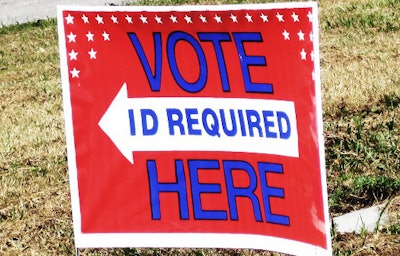When Virginia Governor Terry McAuliffe moved Monday to restore voting rights to 13,000 former felons, he took a “bold” step to end a practice of Black voter suppression that hearkens back to the Reconstruction Era.
That was the take that Christina R. Rivers, an associate professor of political science at DePaul University, had on steps McAuliffe took Monday to end what he referred to in a memo as a “tragic history of voter suppression and marginalization of minorities.”
“It’s a bold move. He was told by his legislature and the (Supreme Court of Virginia) that he can’t do this,” Rivers said. “It’s really a bold move to overstep the legislature and judicial branch to sign an order doing what you wanted to do in the first place.”
Rivers was referring to McAuliffe’s earlier attempt this year to restore the rights of more than 200,000 former felons. In a case brought by citizens and state Republican leaders, Virginia’s supreme court invalided the governor’s original order and ruled that he could act only on a case-by-case basis to restore a felon’s civil rights, but not “effectively rewrite the general rule of law.”
Virginia is one of four states where the constitution permanently disenfranchises citizens with past felony convictions but allows the state’s governor to restore voting rights, according to the Brennan Center for Justice, a non-partisan public policy and law institute.
Laws vary in other states, but voting rights are restored to felons in the vast majority of states upon completion of a sentence, including prison, parole and probation.
Only Maine and Vermont do not strip felons of the right to vote. Interestingly, both states only have Black populations of about one percent.














